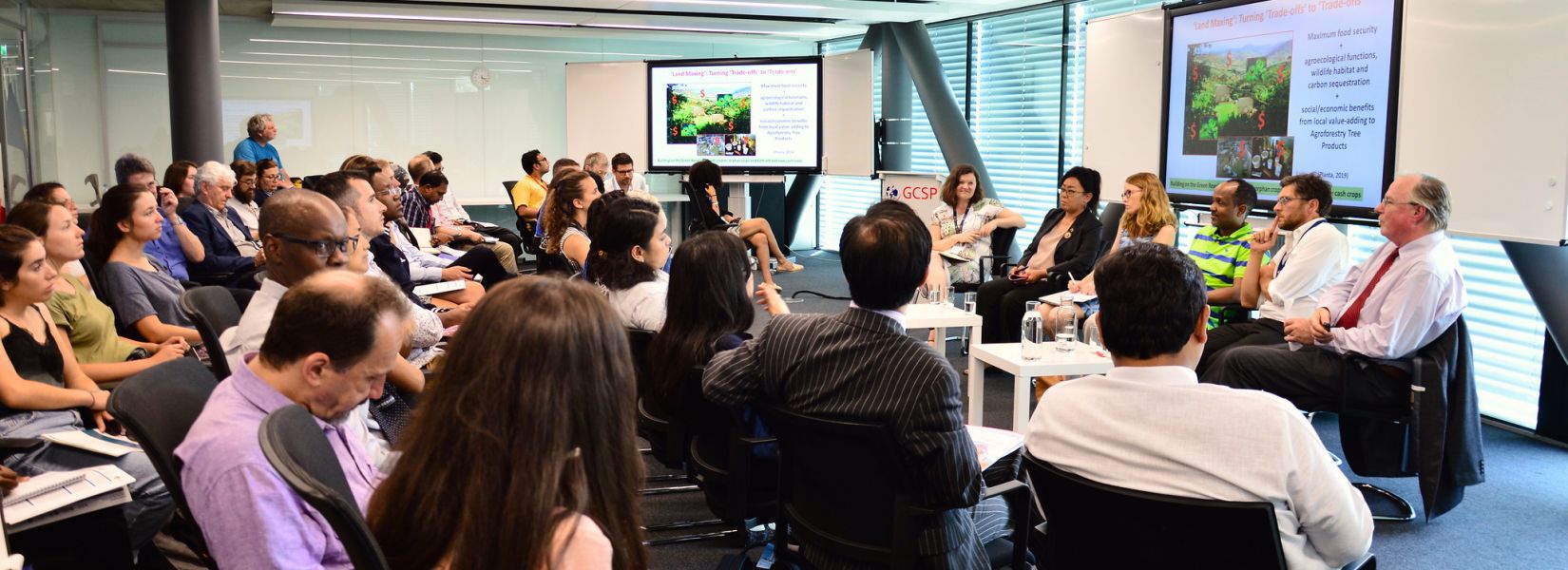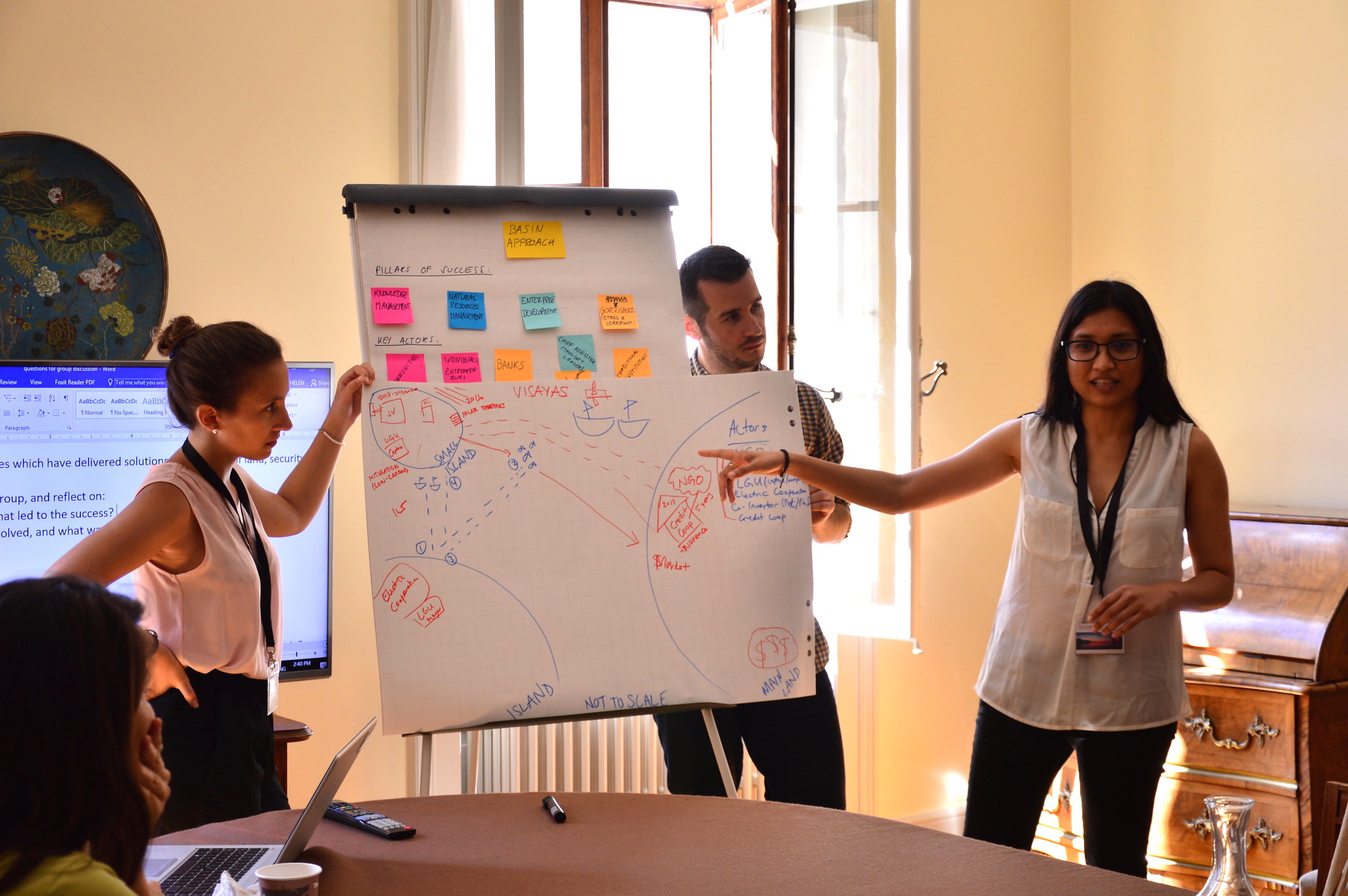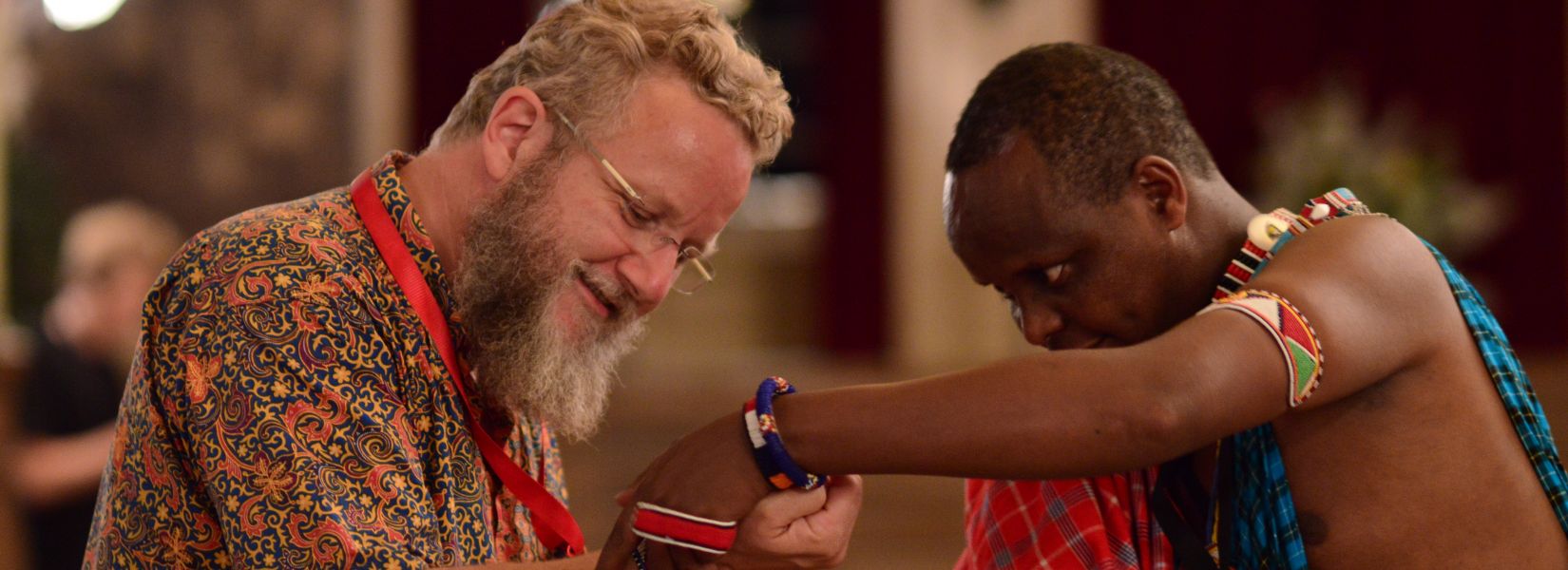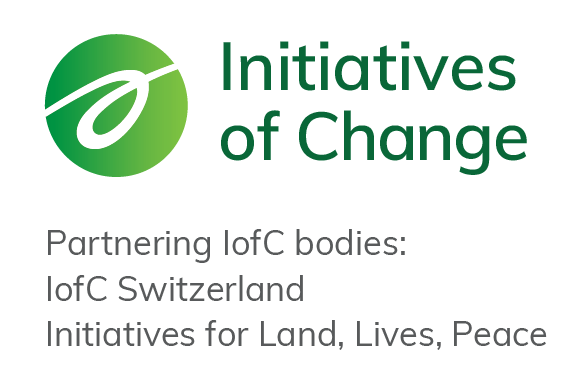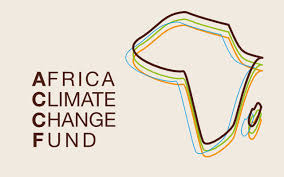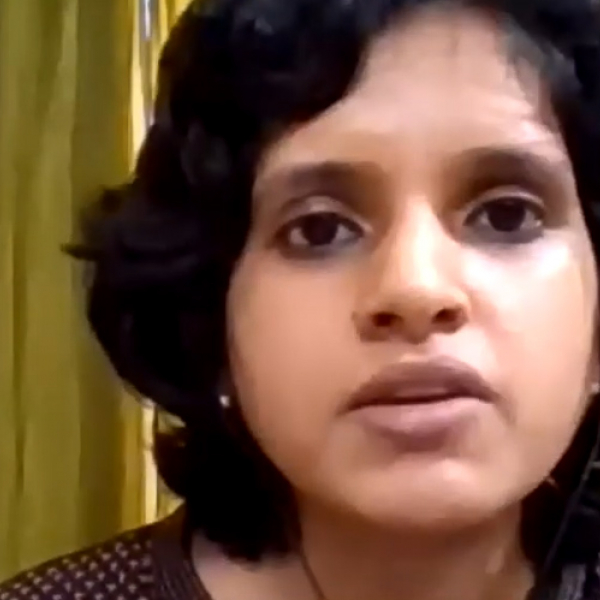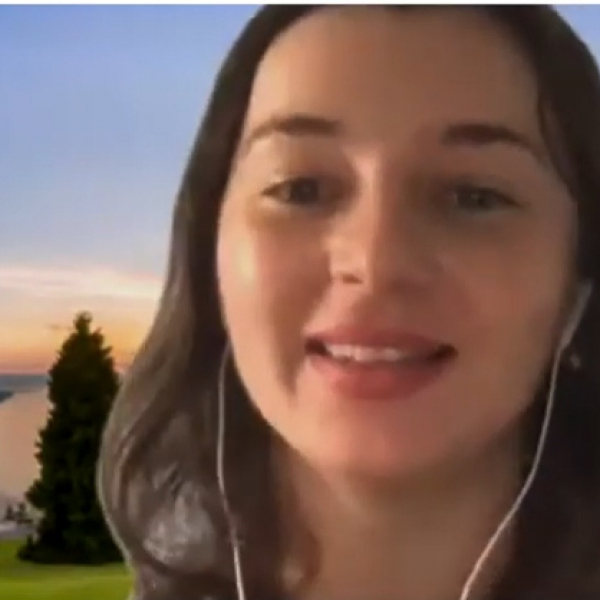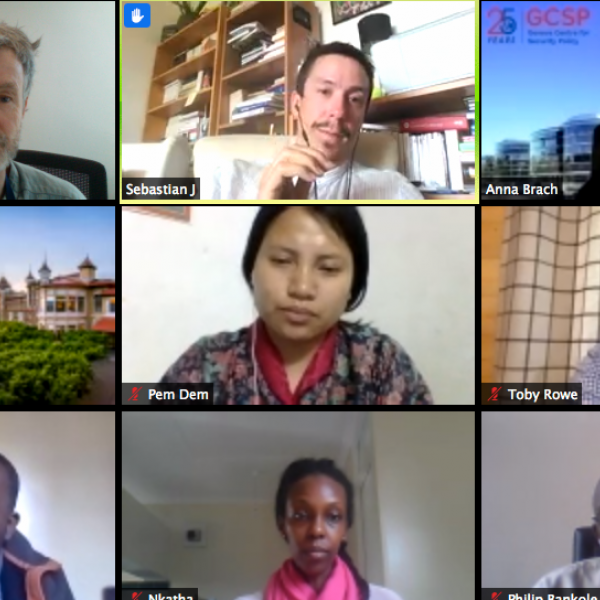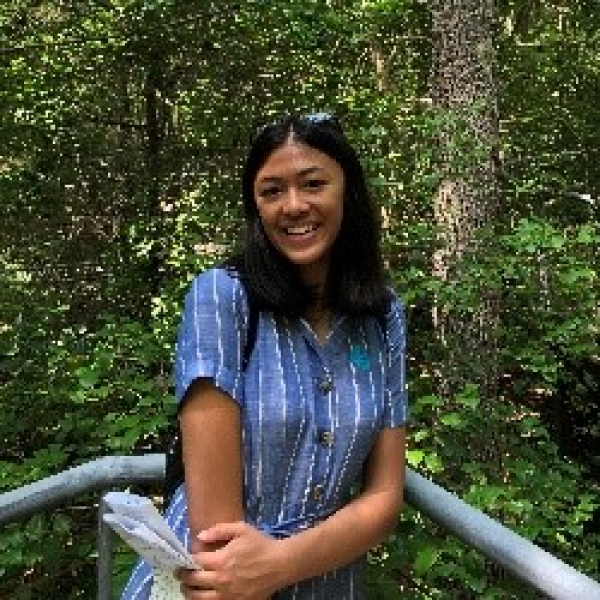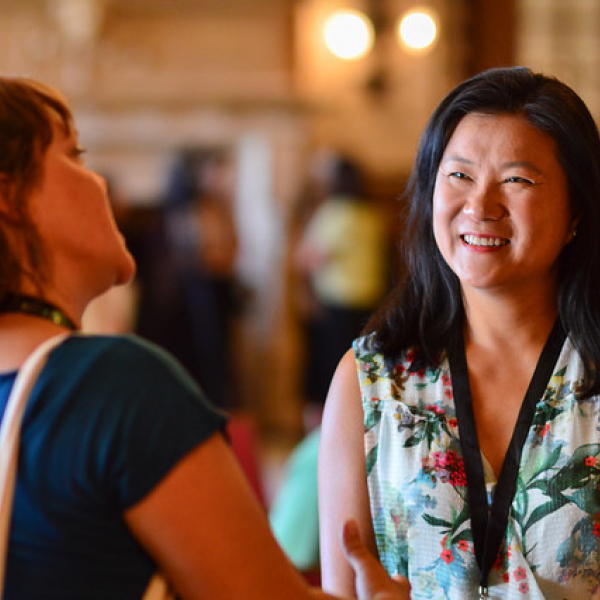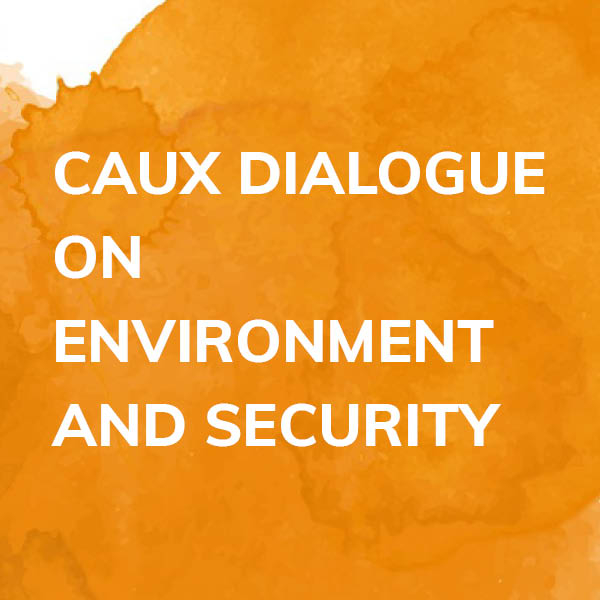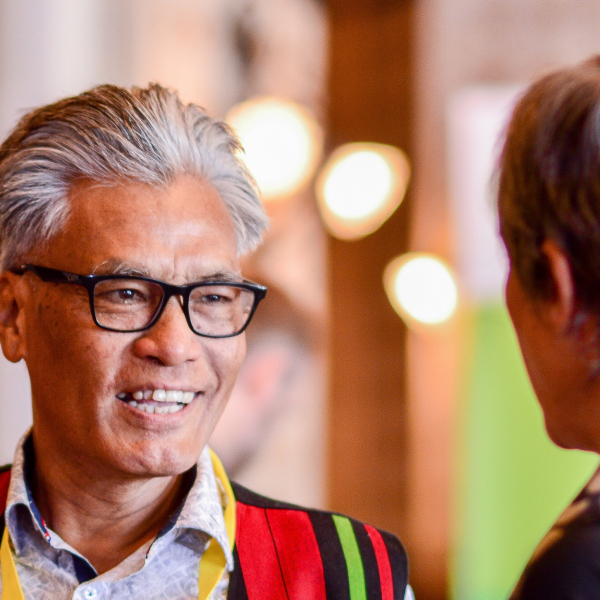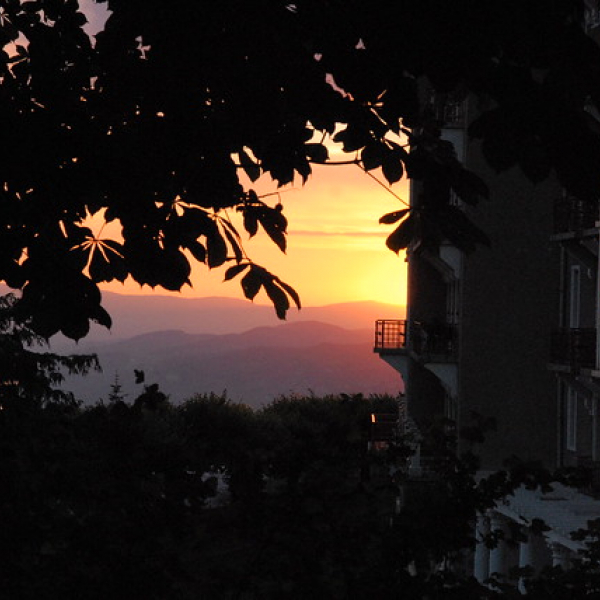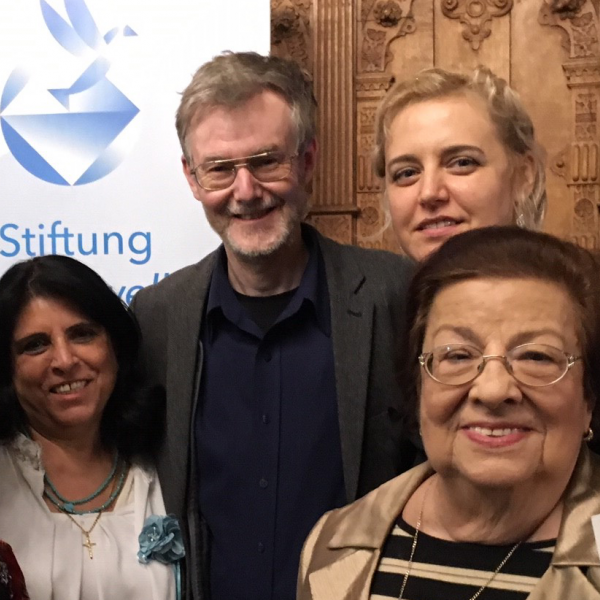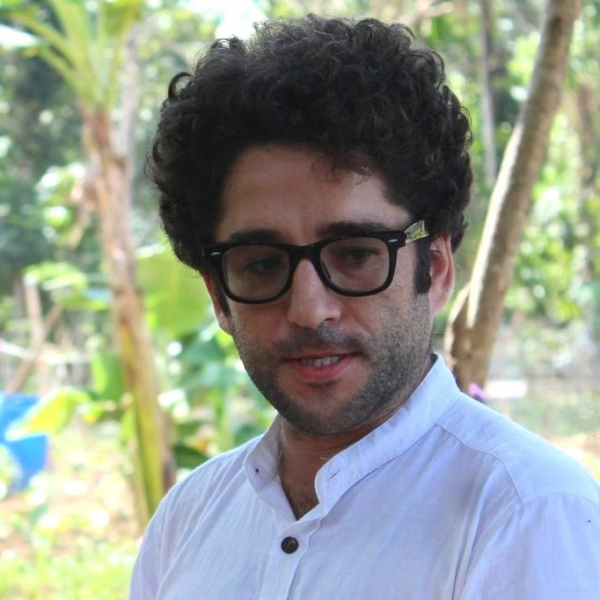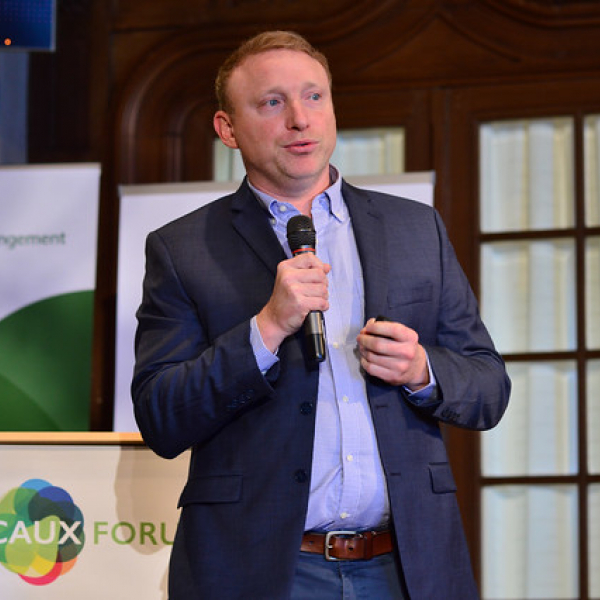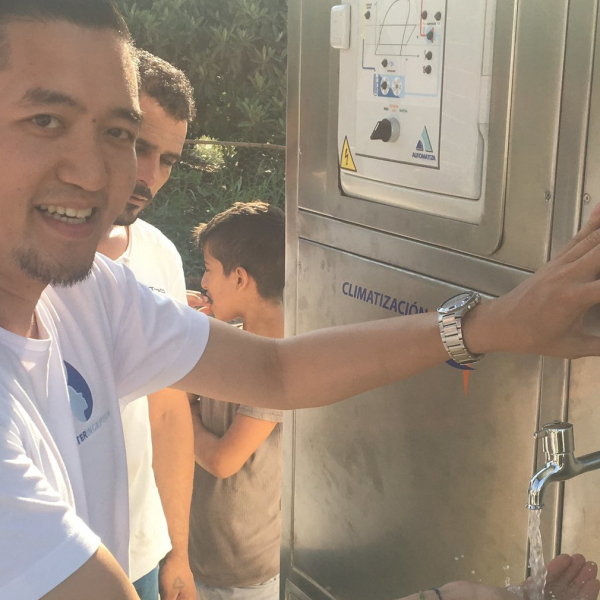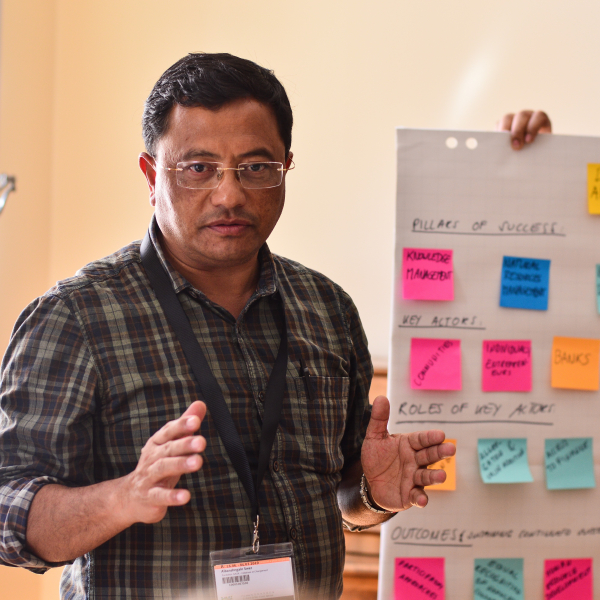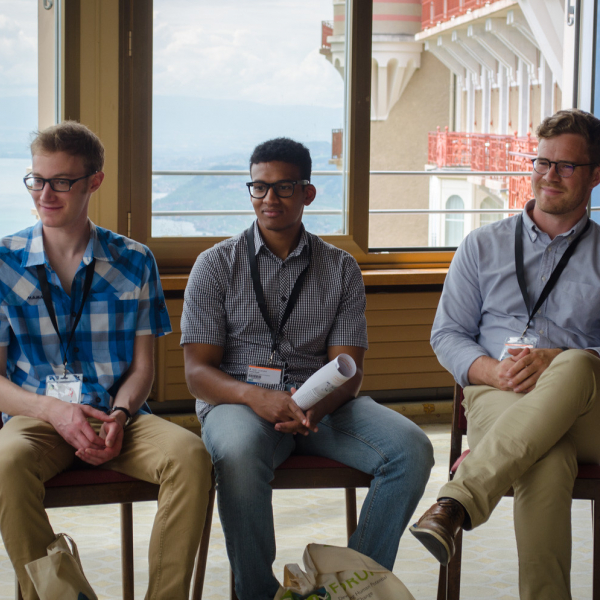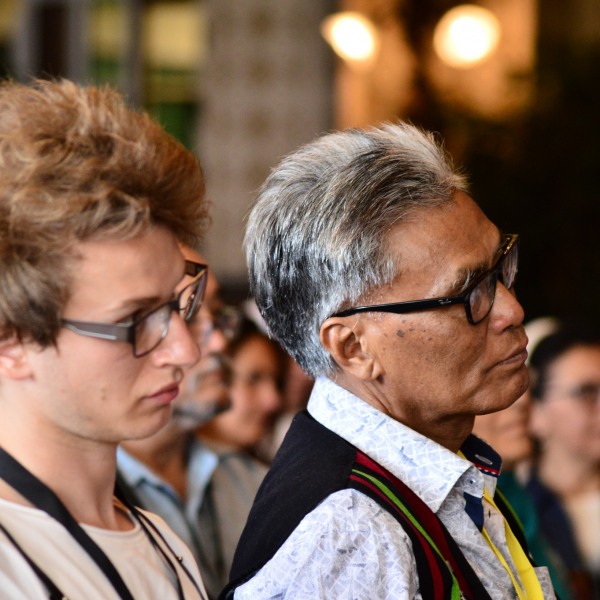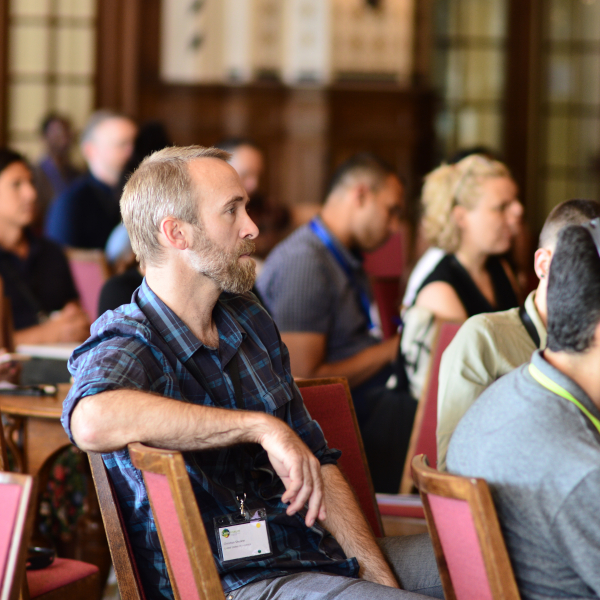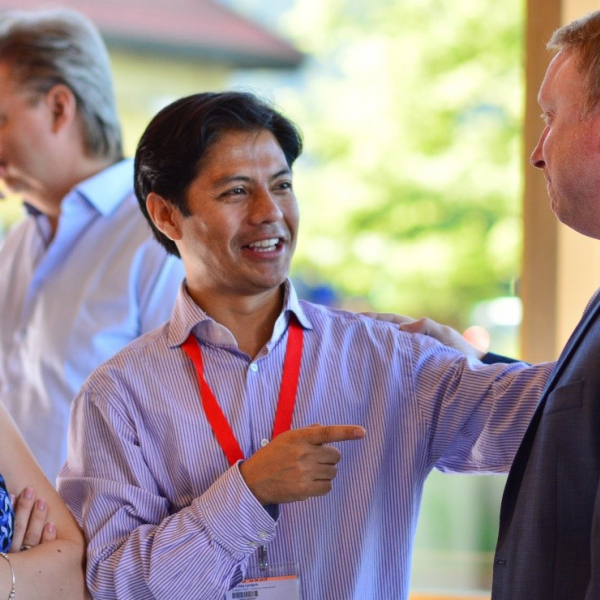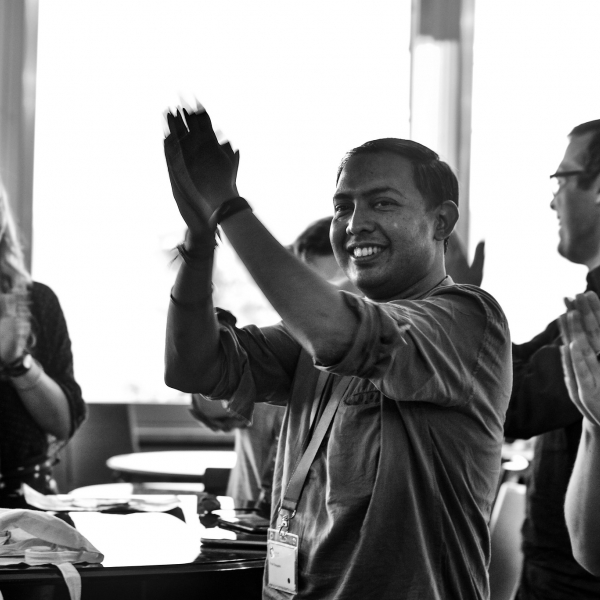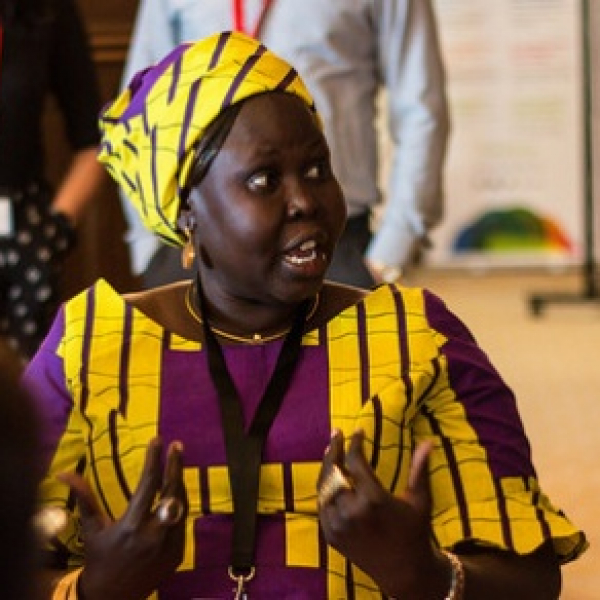You can read the full report HERE.
_______________________________________________________________________________________
Why land and security solutions need to be forged together to respond to the threats posed by climate change and create a more peaceful world.
Conflicts over land have been a feature of human existence since time immemorial. Land confers livelihood, living space, territory, even national identity. Nearly all of humanity’s food needs depend on one hand-span of soil - yet an estimated 34 million tonnes of topsoil are lost to erosion every year. Land degradation, climate change, population pressure, conflict and poor governance can interact in reinforcing feedback loops, directly impacting the health and livelihoods of 1.5 billion people. On the other hand, there is growing evidence that integrating land restoration with community-based peacebuilding can create a virtuous cycle leading to both environmental and social recovery, and contributing to climate change adaptation and mitigation. The constraint to implementing this approach often lies in weak intersectoral co-operation and the need to build trust for the governance of shared natural resources.
Course Focus
The Summer Academy will not only equip professionals with an understanding of the issues, and the methodologies to deal with them, it will also forge a network of ‘land, security and climate alumni’ who can draw on each other’s strengths.
- Environment and peacebuilding nexus;
- Cooperation beyond silos;
- Analysis of land, security and climate nexus;
- Case studies from Africa and Asia;
- Access to the Caux Dialogue on Environment and Security (CDES);
- Strengthening of networks by interaction with global stakeholders and communities, by sharing knowledge among practitioners and researchers to deliver practical, timely and innovative ideas to implement and build more robust and effective practices.
- Facilitated group work using Zoom and Microsoft Teams will build state-of-the-art online dialogue and teamwork skills.
Note
Participants will be required to set aside 4-5 hours per day during work hours during the course period, plus a total of 4 hours' preparatory work in the week before the course.
Participants who successfully complete the course will be awarded certificates and become alumni of the GCSP
Who should attend
This course target audience are environment and security professionals from public and private sectors:
- civil servants
- researchers
- diplomats
- military
- private sector representatives
- community leaders
- NGOs
- International organisations
To create the global cooperation that will be required to respond to the land and security challenges of the 21st century.
What past participants said
Thank you so much for creating the safe space to think through the challenges of environmental security in our world today. - NGO programme director, UK/Somalia.
A great exchange. - FAO programme manager, Syria/Turkey.
A fantastic initiative; I am excited by where this is going and the potential to scale up and replicate solutions that have been tested at local level. - Africa Climate Change Fund Coordinator, African Development Bank
I take these learnings very close to my heart in everything I do going forward. - PhD student, Portugal.
The course is co-designed by the Geneva Centre for Security Policy and Initiatives of Change.
Photos: Leela Channer
back

Summer Academy on Land, Security and Climate - Programme
programme
Wednesday, 01 July
Chair: Anna Brach
- Strategic Foresight Team, GCSP
- Olli Brown, Associate Fellow on Climate and Security, Chatham House, UK
- Dr BIshnu Upreti, Executive Director, Institute of International Studies, Nepal
Thursday, 02 July
Chair: Louise Brown
- Oumar Sylla, Regional Director for Africa, UN Habitat, Senegal
- Tony Rinaudo, World Vision, Australia
- Maxi Louis, Director, Namibia Conservancies
- Himanchu Kulkarni, Executive Director, ACWADAM, India
Friday, 03 July
Chair: Dr Irina Fedorenko
- Gareth Phlillps, Senior Manager, Green Growth, African Development Bank, UK
- Chau Duncan, COO, Earthbanc, Australia
- Rishabh Khanna, ILLP
- Dr Dhanasree Jayaram, Manipur University, food and climate, India
Saturday, 04 July
Details to be confirmed.
Sunday, 05 July
Details to be confirmed.
Please note that this programme is subject to change. For technical reasons the Caux Forum Online will be held mainly in English with some sessions in French. No interpretation will be offered. Thank you for your understanding.
